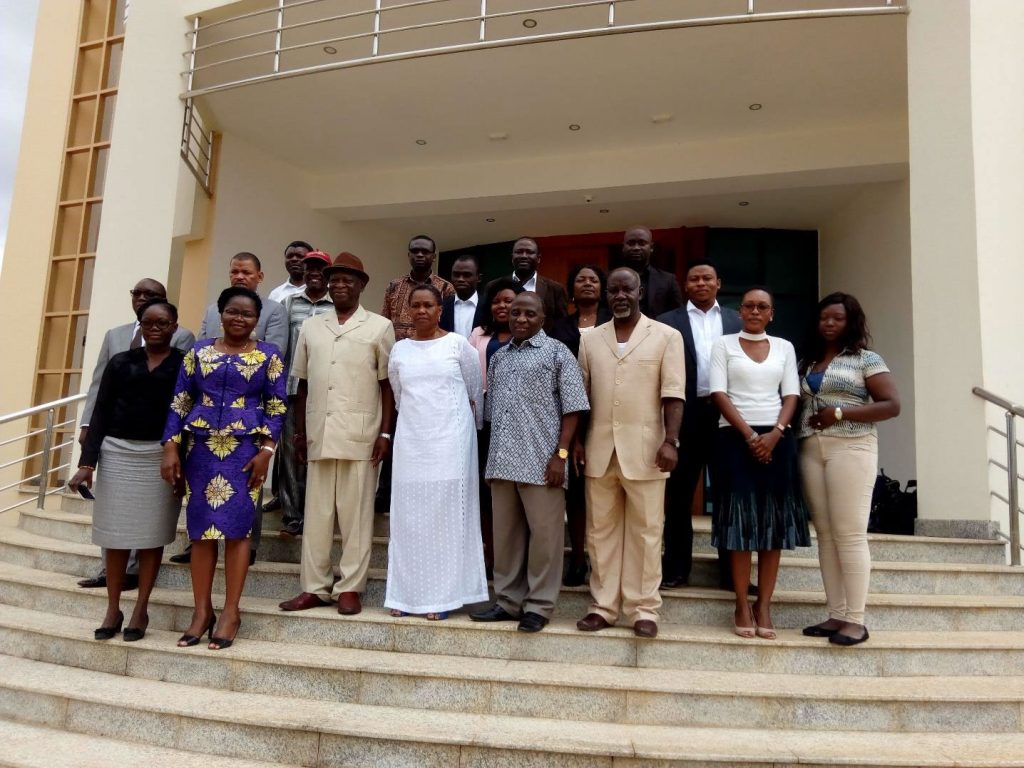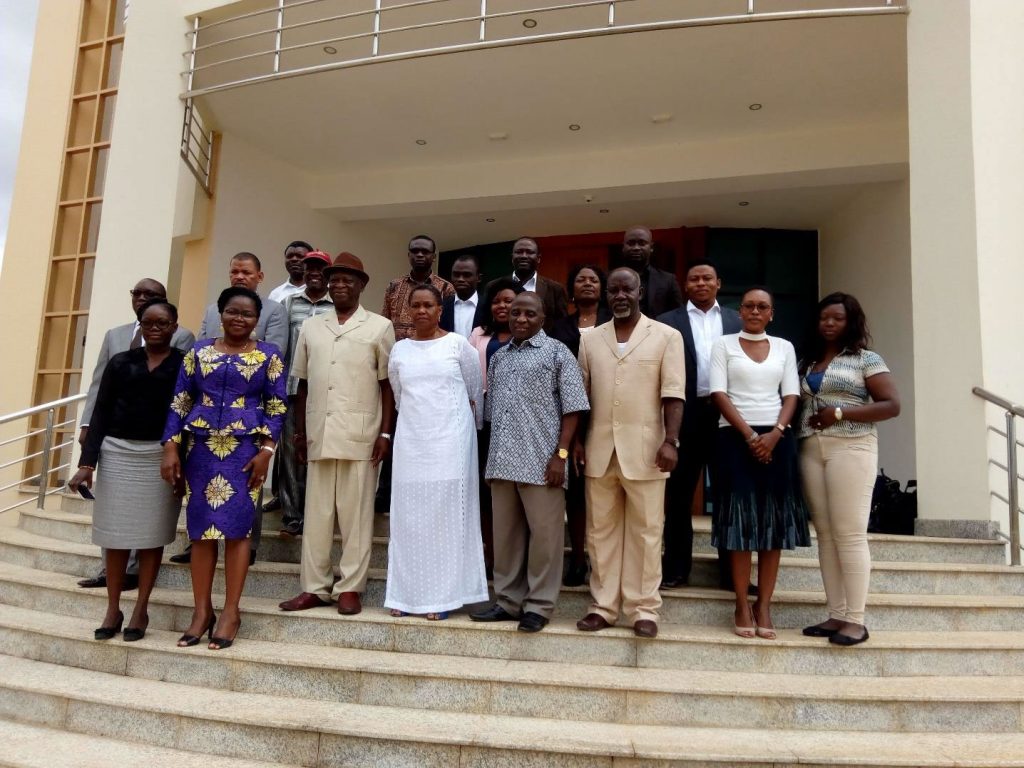Taking cassava to a new frontier
A new initiative by the African Development Bank (AfDB) is unleashing the potential and power of cassava across the African Continent, creating wealth and improving the livelihoods of farmers, and taking cassava to a new frontier.
The initiative—known as Technologies for African Agriculture Transformation (TAAT), is part of the Bank’s Feed Africa strategy that is harnessing elite scientific research/technologies and disseminating at scale to African farmers.
A staple to about 350 million people in sub Saharan Africa, cassava had been declared in 2003 by African Heads of State as a poverty fighter. However, the crop is yet to prove its mettle as millions of growers in sub Saharan Africa who depend on the crop for their livelihoods are still below the poverty line.
Some of the reasons behind the poor performance of cassava and indeed several other crops is poor productivity, low value addition, inability of farmers to access improved varieties and market. Consequently, Africa’s cassava productivity per ha is less than 10 tons per ha compared to Asia where productivity is more than 20 tons per ha.
Since 2018, TAAT through the Cassava Compact has begun addressing the limiting factors to cassava transformation using a holistic and multi-stakeholder approach that brings on board researchers, extension service providers, development practitioners, input dealers, information service providers, processors and farmers etc across the cassava value chain.
Unlike previous dissemination efforts, Cassava Compact’s strategy of technology delivery is driven by delivery and dissemination experts and backstopped by researchers drawn from national systems and the International Institute of Tropical Agriculture (IITA).
In Togo, Cassava Compact is targeting cassava industrialization to produce 2.5 million stakes of high yield and disease tolerant cassava varieties through a a combination of field multiplication of cassava and the new laboratory-based technology for rapid propagation of cassava (SAHTM).
Capacity building program of ten technical personnel of national institutions and the private sector from Togo (Togo Institute of Agricultural Research), the Democratic Republic of Congo, Zambia (Zambia Agriculture Research Institute), Tanzania (Tanzania Agriculture Research Institute & KilimOrgano), and Sierra Leone (Sierra Leone Agriculture Research Institute) on the use of the new technology has been completed.
New laboratories to apply the SAH technology are being established to produce sufficient planting materials for distribution to seed growers and farmers. To address the challenge of malnutrition, planting materials of provitamin A cassava varieties have been transferred from IITA Ibadan to Togo and Benin and are being multiplied to provide 200,000 cuttings that will be distributed to seed growers in the next 4 months to generate 1.0 million cuttings in the following season.
Through the Bureau for Special Projects of the Togolese Presidency and the Ministère de l’Agriculture de l’Elevage et de la Pêche, a Technology Delivery Consortium (TDC) comprising more than twelve institutions has been established to undertake nation-wide delivery of modern cassava technologies offered by TAAT to farmers and other value chain actors. Similar arrangements have been made in other countries.
The government of Togo has provided funding for the establishment of two modern cassava processing plants to produce high quality cassava flour (HQCF) for partial replacement of imported wheat for bread and confectionaries.

Cassava Compact has procured the processing equipment to be installed in the modern processing plants when completed. Through different information dissemination channels, an estimated 450,000 farmers, processors, marketers, researchers, policy makers, and other value chain actors have been reached with information on the improved cassava technologies being scaled out by TAAT Cassava Compact.
In Nigeria, the Cassava Compact has established demonstration farms across three agro-ecologies—guinea savannah, derived savannah, humid forest based on technology toolkits that combine improved varieties, correct tillage, optimum plant density, fertilization and integrated weed control measures that guarantee farmers more than 20 tons per ha harvest.
The agro-ecologies where the demos are being implemented in Nigeria cover north-central, south east and south western Nigeria with more than 200 extension agents trained on Good Agricultural Practices in 2018. With extension agent- farmer ratio of 1: 3000, the 200 extension agents will reach at least 600,000 farmers with knowledge and information on cassava GAPs.
In 2019, the Cassava Compact will be embarking on more training of farmers and a thousand extension agents across Africa. Digital extension involving the use of radio and video is also commencing in the first quarter of 2019 with the goal of reaching millions of farmers.
Increased productivity would increase average farm-level outputs and incomes. Private sector owners of moribund cassava processing factories have been engaged to receive technical expertise from TAAT Cassava Compact in order to resuscitate their operations and engage smallholder farmers on out-grower schemes.
The dissemination of nutrient-dense cassava varieties to TAAT Cassava Compact countries would increase the nutritional status of the consumers of cassava products. Production of HQCF to substitute expensively imported wheat flour in bakeries would increase market access for cassava farmers, reduce foreign exchange expenditure on foods, boost the local economy, increase national GDP.


